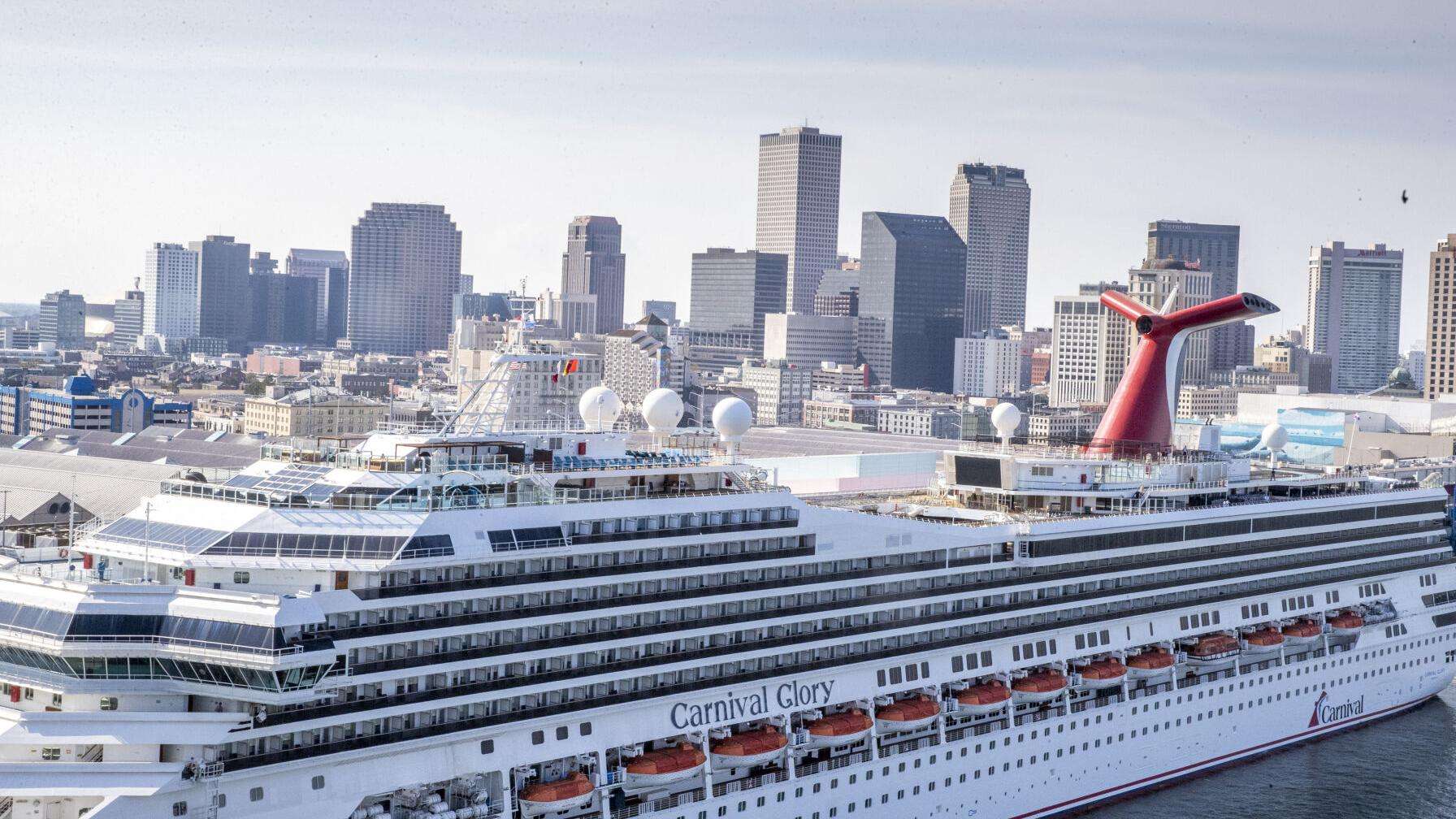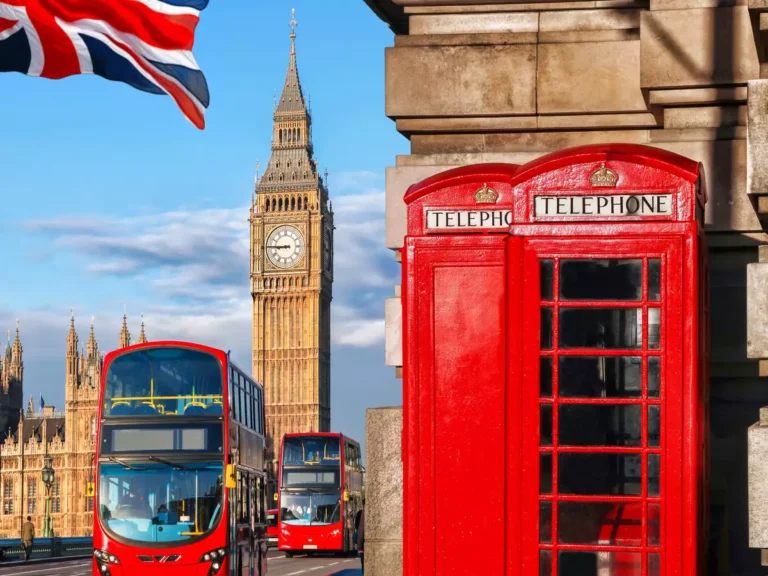Do your dreams consist of setting sail on a luxurious cruise, with the sea breeze in your hair and the sun on your face? If you’re a convicted felon, you might be wondering whether this dream is within reach. The good news is that it’s possible, but the process is more complicated than it is for someone without a criminal record. This guide will take you through the nuances of whether a convicted felon can get a passport, what challenges you might face, and how to prepare for a smooth journey from application to embarkation.
What Is A Passport?
A passport is more than just a travel document; it’s your ticket to the world. Issued by your country’s government, a passport serves as an official form of identification that verifies your citizenship and allows you to travel internationally. It’s a document that’s recognized worldwide and is essential for entering and exiting countries.
For most international travel, including cruises that visit foreign ports, a passport is required. Even if you’re cruising domestically, having a passport can be a crucial safety net in case of unexpected events that require you to fly home from a foreign port.
Can a Convicted Felon Get a Passport?
The question of whether a convicted felon can obtain a passport doesn’t have a simple yes or no answer. Several factors can influence the outcome, including the nature of the felony, your current legal status, and whether you’ve fulfilled all the terms of your sentence. Here’s a detailed look at what you need to know:
1. Types of Felony Convictions That Matter
Not all felonies are treated equally when it comes to passport eligibility. The U.S. Department of State has specific guidelines that can affect whether a passport is issued:
- Drug Trafficking Offenses: If you were convicted of a felony related to drug trafficking, especially if it involved crossing international borders, your passport application could be denied. This is because such crimes are seen as a significant risk for international travel.
- Treason and Espionage: Felonies that involve betraying your country, such as treason or espionage, almost always result in a denial of passport issuance. These crimes are considered severe threats to national security.
- Terrorism-Related Offenses: If your felony is related to terrorism, obtaining a passport is highly unlikely. The government takes these offenses very seriously and generally restricts international travel for those convicted of such crimes.
- Failure to Pay Child Support: While not a felony, failure to pay child support can also result in the denial of a passport. The U.S. government can refuse to issue a passport if you owe more than $2,500 in child support.
2. Outstanding Legal Issues: A Roadblock to Consider
Having unresolved legal issues is another major factor that can hinder your ability to get a passport:
- Unpaid Fines or Restitution: If you still owe fines, restitution, or other court-ordered payments, your passport application might be put on hold or denied outright until these debts are settled.
- Active Warrants: If there’s an active warrant for your arrest, you won’t be able to obtain a passport. It’s essential to clear up any outstanding legal matters before applying.
- Pending Criminal Charges: If you’re facing new criminal charges, your passport application may be denied until those charges are resolved. The government typically wants to ensure that you’re not attempting to flee the country to avoid prosecution.
3. Probation, Parole, and Court Orders: Restrictions to Be Aware Of
If you’re currently on probation or parole, or if there are court orders restricting your travel, this can impact your ability to get a passport:
- Probation Conditions: Often, individuals on probation are required to stay within a certain geographical area, and international travel may be explicitly prohibited. If your probation officer or the court hasn’t given you permission to travel, your passport application could be denied.
- Parole Restrictions: Similar to probation, parole often comes with strict travel restrictions. You may need to get special permission from your parole officer or the court to apply for and use a passport.
- Travel Bans or Court Orders: Some court orders may include a ban on international travel, especially in cases where the court believes there’s a risk of you fleeing the country. This is more common in cases involving large financial crimes or serious violent offenses.
What Is The Passport Application Process as a Convicted Felon
If you’ve determined that your felony conviction doesn’t automatically disqualify you from getting a passport, you can begin the application process. However, you’ll need to take extra steps to ensure that your application goes as smoothly as possible:
1. Gathering Essential Documentation
When applying for a passport, you’ll need to provide several key documents:
- Form DS-11: This is the standard application form for a U.S. passport. You’ll need to fill this out with your personal information.
- Proof of Citizenship: Typically, this is your birth certificate, but you can also use a Certificate of Naturalization or Certificate of Citizenship.
- Photo Identification: A government-issued ID, such as a driver’s license, is required to verify your identity.
- Passport Photo: You’ll need to provide a recent passport-sized photo that meets specific government guidelines.
- Felony Conviction Information: While this isn’t required on the initial application, you should be prepared to provide details about your conviction if it becomes relevant during the process.
2. Consulting with a Legal Professional
Given the complexities involved, it’s often a good idea to consult with a lawyer who specializes in criminal law or immigration law. A legal professional can:
- Evaluate Your Eligibility: A lawyer can help determine if your specific conviction might cause issues with your passport application.
- Assist with Documentation: If additional documentation or explanations are needed, a lawyer can help you prepare these.
- Advise on Legal Rights: If your application is denied, a lawyer can advise you on your rights and options for appeal.
3. Preparing for Possible Delays and Challenges
Felony convictions can cause delays in processing your passport application. Here are some tips to help you navigate these potential hurdles:
- Apply Early: Don’t wait until the last minute to apply for your passport. Given the possibility of delays, it’s wise to apply several months in advance of your planned travel.
- Be Transparent: When filling out your application or speaking with government officials, be honest and transparent about your criminal history. Hiding information can lead to further complications.
- Follow Up: If your application is delayed, follow up with the U.S. Department of State for updates. Sometimes, additional information or clarification can help speed up the process.
Do You Really Need a Passport for Your Cruise?
Whether or not you need a passport for your cruise depends on the type of cruise and its itinerary:
1. Closed-Loop Cruises: A Passport May Not Be Required
- What Is a Closed-Loop Cruise?: A closed-loop cruise is one that begins and ends at the same U.S. port. For these cruises, U.S. citizens often don’t need a passport. Instead, a government-issued photo ID (like a driver’s license) and an official copy of your birth certificate may suffice.
- Why a Passport Is Still Recommended: Even if a passport isn’t required, it’s strongly recommended to have one. In case of an emergency that requires you to leave the cruise early and fly home, having a passport will make the process much smoother.
2. International Cruises: A Passport Is Essential
- Cruises Visiting Foreign Ports: If your cruise itinerary includes stops at international ports, a passport is generally required. This applies to most cruises to the Caribbean, Mexico, Europe, and beyond.
- One-Way Cruises: Cruises that start in one country and end in another will almost always require a passport. This is because you’ll need to clear customs and immigration at both the departure and arrival ports.
What If Your Passport Application Is Denied?
If your passport application is denied due to your felony conviction, it’s not necessarily the end of the road. Here’s what you can do:
1. Understand the Reason for Denial
- Review the Denial Letter: The U.S. Department of State will send you a denial letter that explains why your application was denied. This letter is crucial as it will detail the specific reasons for the decision.
- Legal Obligations: If your denial is due to unpaid fines, restitution, or other legal obligations, you’ll need to resolve these issues before reapplying.
2. Appeal the Decision
- Filing an Appeal: You have the right to appeal the denial of your passport application. The denial letter will include information on how to request an appeal. Be prepared to provide additional documentation and possibly attend a hearing.
- Seek Legal Assistance: A lawyer can help you navigate the appeals process and improve your chances of a successful outcome.
3. Explore Other Travel Options
- Domestic Cruises: If international travel isn’t an option due to passport issues, consider a cruise that stays within U.S. waters. There are many beautiful itineraries that explore Alaska, Hawaii, and other domestic destinations.
- Alternative Identification: For some closed-loop cruises, other forms of identification may be sufficient, allowing you to still enjoy a vacation at sea.
Final Thoughts: Navigating the Seas of Legal Challenges
While a felony conviction can complicate your ability to obtain a passport and go on a cruise, it doesn’t necessarily mean that your dreams of travel are over. By understanding the specific legal restrictions, preparing thoroughly, and seeking professional advice, you can navigate these challenges and potentially still enjoy a cruise vacation.
Remember, the key to success lies in early preparation, transparency, and a willingness to explore all your options. Whether it’s through obtaining a passport or finding alternative travel solutions, there are ways to overcome the hurdles and set sail on the adventure of a lifetime.






